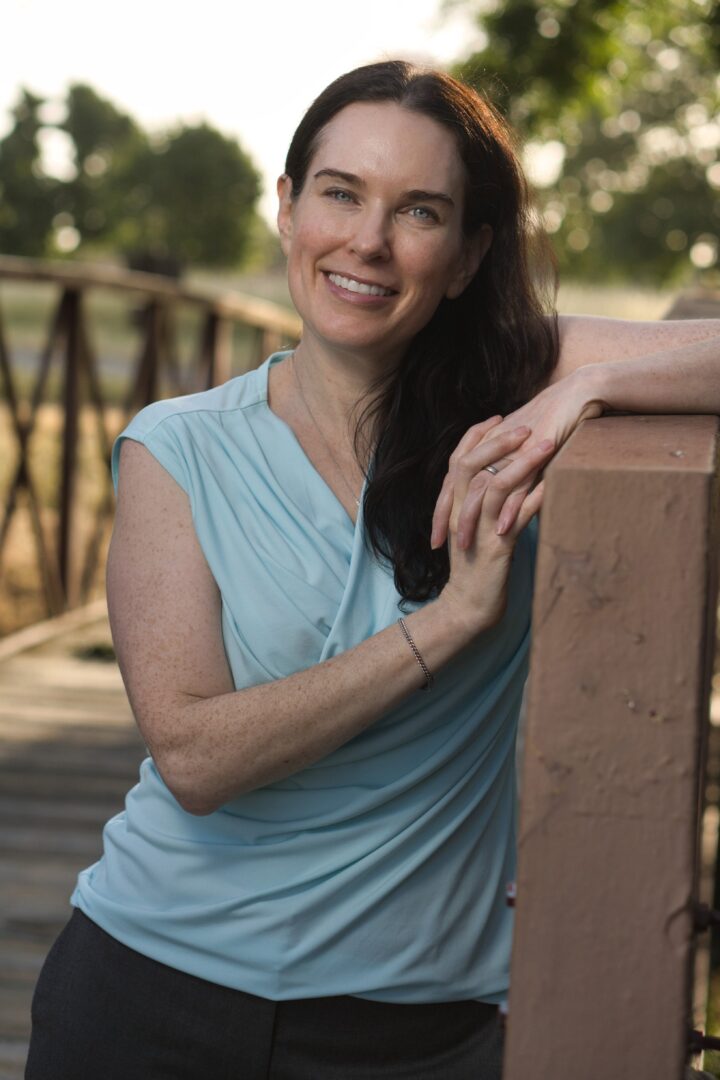
May 8, 2025
By: Traci Arieli
Traci Arieli is an end-of-life doula, grief coach, and the founder of Comforting Closure. She helps individuals and families navigate aging, dying, and grieving through open, informed conversations, so no one has to face life’s final chapters alone.
My parents are in their 80s, and I am as old as they were when I moved to California years ago. Like many of my generational peers, I have come to the realization that my parents are entering the last phase of their lives. Some of my friends have already lost their parents, and I have seen many people die in my role as an end-of-life doula (or death doula).
I’m often asked, “What does it take to die well?” I almost always respond with, “What does living well mean to you?” Here are some things everyone should think about when deciding how they want to live that final stage of their life.
- What do you enjoy doing, and who do you enjoy spending time with? Do you love looking at art, reading mystery novels, listening to classic rock, or the smell of the flowers in your garden? Where are you most comfortable? Consider how you live your life now (while healthy) and be specific. Document your preferences and make sure your loved ones know what you want. Have all account information (social, utilities, banks) stored somewhere and ensure someone knows about it.
- Decide who you want to be present with you. Do you have family members and friends who you want to be present? Are there those who you do not wish to be present? How about your pets? Are you close with a spiritual leader?
- Learn about the dying process. Have you seen people become ill and die? What was that experience like for you? What did you learn from it? Understanding the dying process allows you to choose how you respond and how you choose to be supported.
- You can receive hospice care when your doctor believes you have only 6 months or less to live. The goal of hospice is to improve the quality of life for those who are terminally ill. Hospice is not a place but a team of people who work with a terminally ill person holistically to help ease physical, emotional, and spiritual pain. Hospice service can be provided in most environments, including your home.
- Set up lifelines. For the terminally ill and their caregivers, the world becomes very small. Reaching out to your friends and community is essential. From Meal Trains to Caring Bridge, make it easy for friends and family to stay connected and help. (And for those watching from the outside, it is okay not to know what to say. Just show up.)
- Tie up loose ends. Do not leave your life with regrets. If you need to say something, make sure you do. You would be surprised at how often I’ve witnessed someone hold on when they are in pain and then let go once they have taken care of unfinished business.
As an end-of-life doula, I provide comfort, companionship, and guidance to individuals planning for or facing death. These situations are often challenging for both older people and family members. Engaging a doula may reduce ambient strain. Yet, disagreements may arise that may stress relationships and result in mistreatment. The International End-of-Life Doula Association Code of Ethics mandates that doulas report elder abuse and exploitation to authorities. In providing holistic emotional and spiritual support, doulas can and should identify and report abuse. They can also work with multidisciplinary teams to support abuse intervention and harm reduction efforts. Respect and dignity in death, as in life, are critical. This ethos underscores the work that I and my colleagues do and is essential to advancing the wellbeing of all older people at the end of life.